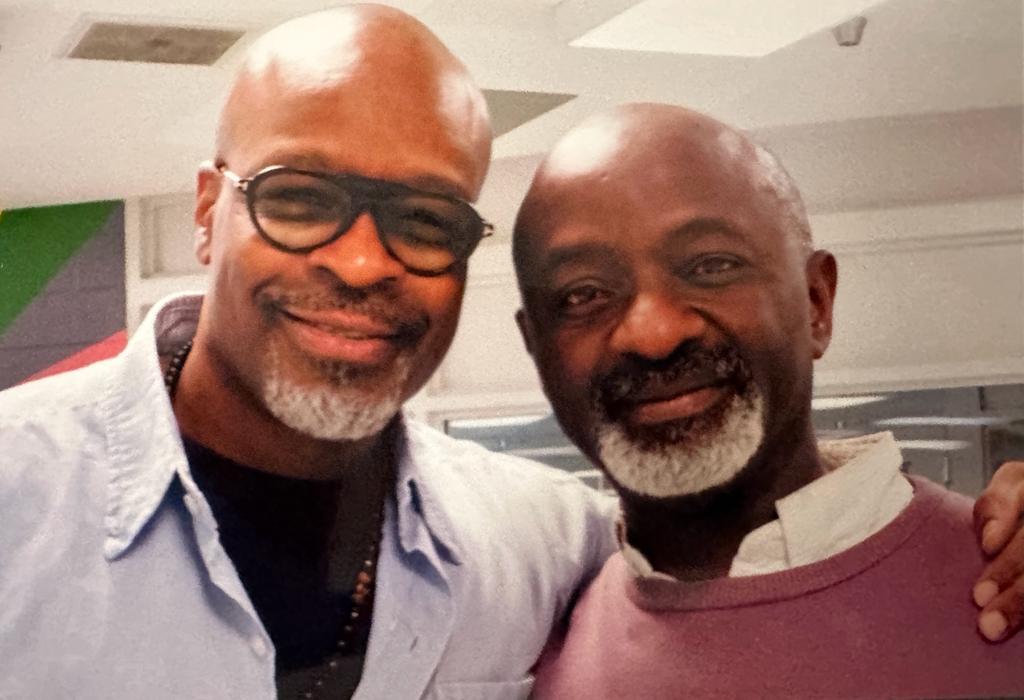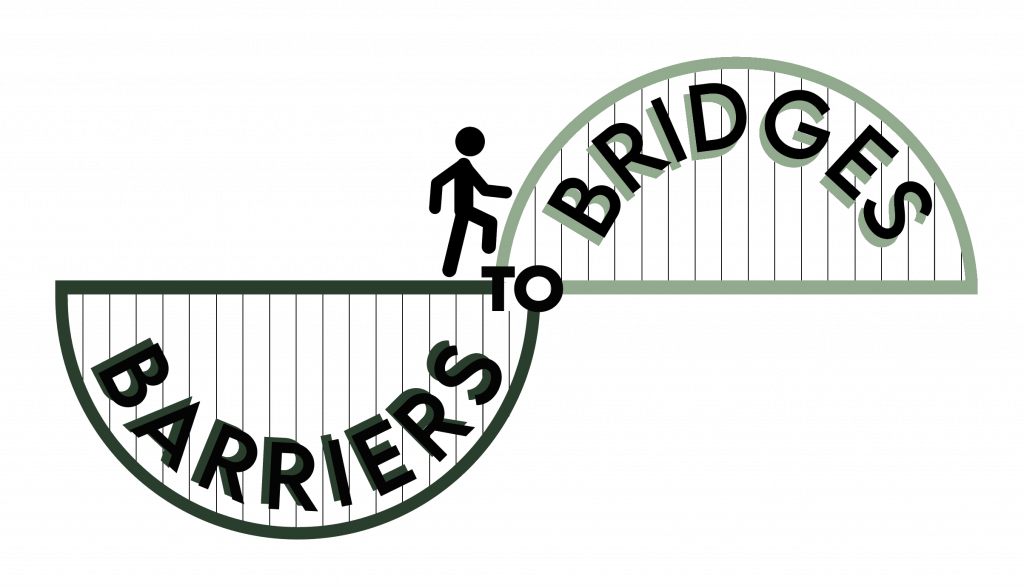by Tayo Aluko
There was apparently a belief among Africans that the strange, pale-skinned, straight-haired people captured them for food, in the same way as Africans fished, or bred cattle. Why else would they go to such lengths to hunt them, pack them like sardines and transport them across the ocean?
They probably imagined that, like any pig- or cattle-rearing farm today, the captives would be “free-range” to some extent, bred and fed as well as possible before being slaughtered, cooked and eaten, and excreted at the end of the digestive process. And if the pale-skinned people were as wise as the African farmers they captured, they would use their captives’ waste, probably mixed with their own, to fertilise the soil in which they grew their crops, assuming they cultivated things like rice and corn as they did in Africa.
The belief in Africans as food was wrong of course, but the metaphor of them being fodder for a European-created capitalist system holds much water and contains more than a grain of truth. References to people of African descent living “in the belly of the beast” when they find themselves in places like London, Paris, Lisbon or New York sustain that theory. In my case, I reside in Liverpool, whose unique position was at the very heart of the Trans-Atlantic Slave Trade and the colonial system that it birthed.
That Liverpool should be known for music is almost inevitable, since the blood that pulsated through the beast and sustained it contained within its cells the drum beats, the songs, the rhythms and the harmonies of African people. That the genius and beauty of Negro Spirituals, Jazz, Soul, Funk, Reggae, Calypso and other musical genres are the product of such an ugly, brutal system is truly miraculous and awesome, but perhaps no more so than the way a seed planted in manure-enriched soil transforms eventually into a beautiful fruit-bearing tree. One needs no special knowledge or training to be able to examine samples of what pertains as Western music today and conclude that much of it is merely a processed form of what was carried in the DNA of the beings once taken from Africa as “human cargo.”
If the heart and the belly of the beast have thus been identified, where would we locate its bowels? There will be few places more deserving of that moniker than the prison industrial complex of the USA, a country which, to disguise its role in the global physiology, ironically describes itself as “The Land of the Free.” Being squeezed through that part of the anatomy are disproportionate numbers of people of African descent, mixed in with Hispanic, First Nations, and many of those who are ungraciously called “White trash.” Very, very rarely, one finds “rich white” in the mix, speeding through at an unnatural rate.
The rectum of the beast is surely therefore Death Row, where the “products” have been in the system so long that they have become broken down and unrecognisable after years in solitary confinement, soon to be excreted quietly into oblivion.
Using a special light and the most powerful microscope known to man, one will discover therein a man who describes himself as that rare thing: an item of food, like a kernel of corn, which even though it was fed into the system at the front end, somehow, remarkably, remains whole, intact, at the other.
Keith LaMar has spent thirty years in solitary confinement on Death Row in Ohio State Penitentiary, wrongly convicted by an all-White jury of multiple murders that occurred during the Lucasville Prison Uprising in Ohio in 1993.

Photo of Keith Lamar by Ohio State Penitentiary, USA
His understandable anger and bitterness have since been channelled into music, poetry and art, and Keith has become a writer, poet, artist, teacher and speaker. From the confines of his prison cell, he has created the Native Sons Literacy Project which gets important books into the hands of at-risk young people, and he joins reading groups and book clubs in schools and universities all over America. He has also, remarkably, released an album! Freedom First is a collaboration with jazz musicians, and, in April, I was invited to join some of them on a tour of the Midwest, performing selections from the album, with Keith phoning in to each performance to recite his poetry and speak to the audience. I opened and closed the show with a monologue in which I told the story, passed to me by my Nigerian father, of one of my ancestors escaping being sold into slavery. If not for that ancestor’s actions, I argued, it is quite conceivable that I might myself have ended up trapped in the bowels of the American injustice system.
One day during the tour, I did find myself in Ohio State Penitentiary, visiting Keith. Also meeting him for the first time was an African American saxophonist living in South Africa, who had also travelled across the Atlantic to support one of the most remarkable individuals either of us knows. This fellowship, through art, music and literature, was a testament to the resilience of our ancestors and their spirit, such that we were able to talk history, politics, art and music and enjoy lots of laughter and a few tears, all with Keith’s ankle chained to a table. Such processes, designed to humiliate him, instead however accentuate the dignity and greatness of the man, while exposing the inhumanity of his captors.
Some of those captors are named in a recent podcast series, The Real Killer, in which Keith tells his story over eleven episodes. Those individuals are revealed for how they perform the functions of the system’s intestines, enzymes, bile, spleen, kidneys and so forth. Keith Bomani LaMar, by contrast, emerges unscathed and ripened. Even from the rectum of the beast, he spawns and spreads art, beauty, hope, inspiration and love around the world, proving himself better and freer than the beasts who first tried to eat him up.
© 2023

The case of Keith LaMar is deeply troubling, and it’s a wonder that the many many inconsistencies and biases in the original trial have not attracted far more in depth attention from appeal courts.
A wonder indeed, but then again, not really, from what one understands and sees as the corruption running through the entire system of (in)justice and politics.
Thank you for writing about Keith and making what has happened to him known to people who otherwise would be unaware.
Thank you for your comment, which I missed till now. You may know that his death sentence has been moved to January 2027. He is fighting even more strongly to secure his feeedom.